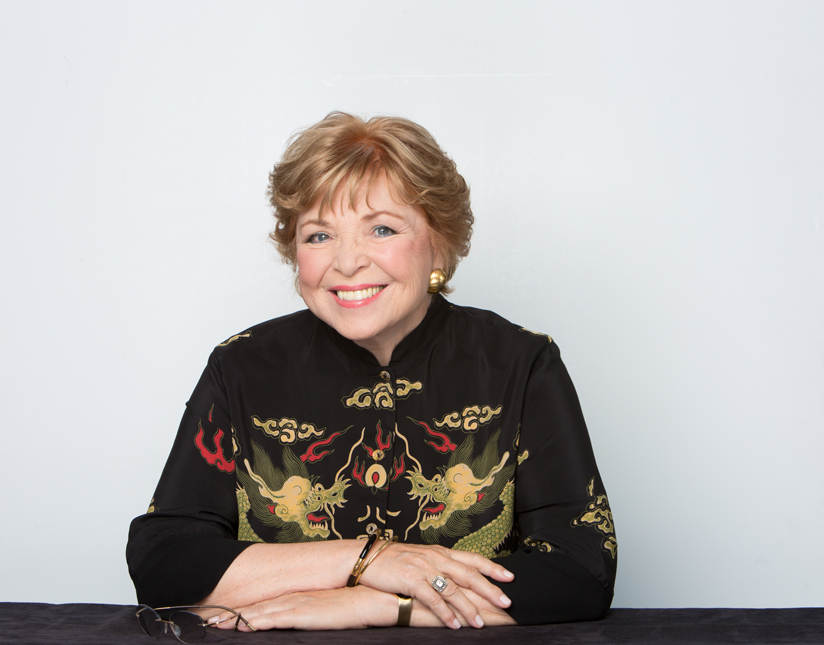I had a personal experience with corporate pinkwashing when I was getting ready for chemotherapy. I was invited to a workshop called "Look Good, Feel Better." Run by the Personal Care Products Council and the American Cancer Society, it's a free workshop that gives beauty tips and complimentary makeup kits to women in cancer treatment. All of us in my support group were happy to go because we all needed guidance in figuring out what to do about hair loss and other issues affecting our personal appearance. Unfortunately, it turned out that many, if not all, of the freebies in our kits contained known or suspected carcinogens, and some of the chemicals they contained may actually interfere with breast cancer treatment. 6
Breast Cancer Action, a national organization advocating for women at risk of and living with breast cancer, launched a project called "Think Before You Pink" in 2002. This campaign calls for more transparency and accountability by companies that take part in breast cancer fundraising and encourages consumers to ask critical questions about pink ribbon promotions. Breast Cancer Action rejects corporate funding from companies that contribute to or profit from breast cancer. Karuna Jaggar, executive director of Breast Cancer Action writes,
"Pinkwashing has become a central component of the breast cancer industry: a web of relationships and financial arrangements between corporations that cause cancer, companies making billions off diagnosis and treatment, nonprofits seeking to support patients or even to cure cancer, and public relations agencies that divert attention from the root causes of disease."7
Samuel S. Epstein, M.D. is professor emeritus of environmental and occupational health at the University of Illinois Chicago School of Public Health, and founder of the Cancer Prevention Coalition. He has written 270 articles and 12 books, mostly about the preventable causes of cancer. His 2011 book, National Cancer Institute and American Cancer Society: Criminal Indifference to Cancer Prevention and Conflicts of Interest, charges that the federal National Cancer Institute (NCI) and the nonprofit American Cancer Society (ACS) have spent billions of taxpayer and charitable dollars promoting treatment and ignoring prevention, other than quitting smoking. He charges them with refusing to make information about the avoidable causes of cancer available to Congress and to the public because of their alliances with special interests. He accuses the cancer establishment of supporting a "blame-the-victim" attitude toward the cause of cancer, including breast cancer, attributing the rising cancer rates to individual heredity and lifestyles, rather than to avoidable exposure to carcinogens in the environment. 8
So are there any breast cancer charities we can trust? Yes, fortunately, there are charities that don't engage in pinkwashing, that stress prevention, and that don't blame the victim. Two you can check out are Breast Cancer Action and Breast Cancer Fund.
References:
1. Briggs,
Bill. "Pink Drill Bits Bring Complaints of Komen Tie to Fracking -- NBC News."
NBC News. October 11, 2014. Accessed February 16, 2016. www.nbcnews.com/
health/cancer/pink-drill-bits-bring-complaints-komen-tie-fracking-n223166
2. Adams, Mike. "Susan G. Komen for the Cure Sells Pink Cigarettes for Cancer Fundraising. NaturalNews. April 23, 2010. Accessed February 16, 2016. www.naturalnews. com/028641_susan_g_komen_pinkwashing.html.
3. Jenkins, Mark. "'Pink Ribbons,' Tied Up With More Than Hope." NPR. Accessed February 16, 2016 click here more-than-hope.
(Note: You can view every article as one long page if you sign up as an Advocate Member, or higher).





